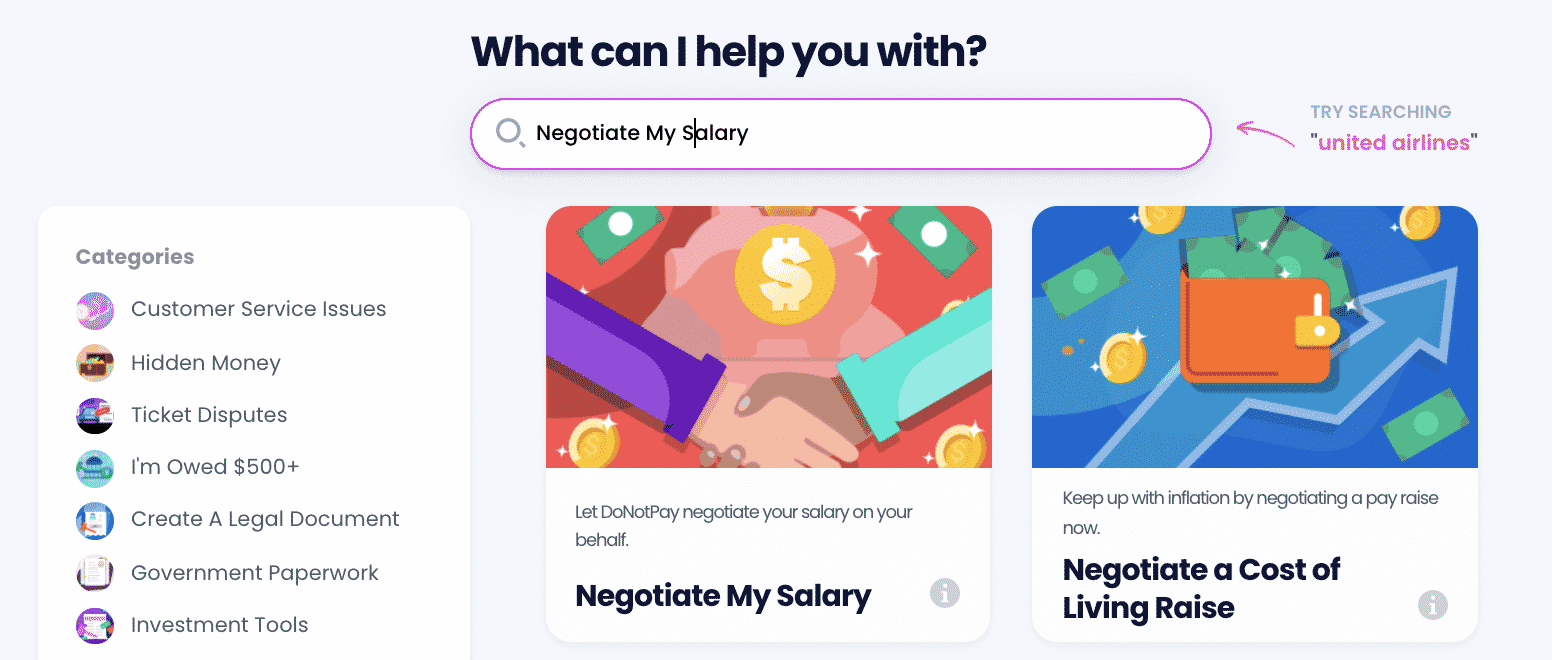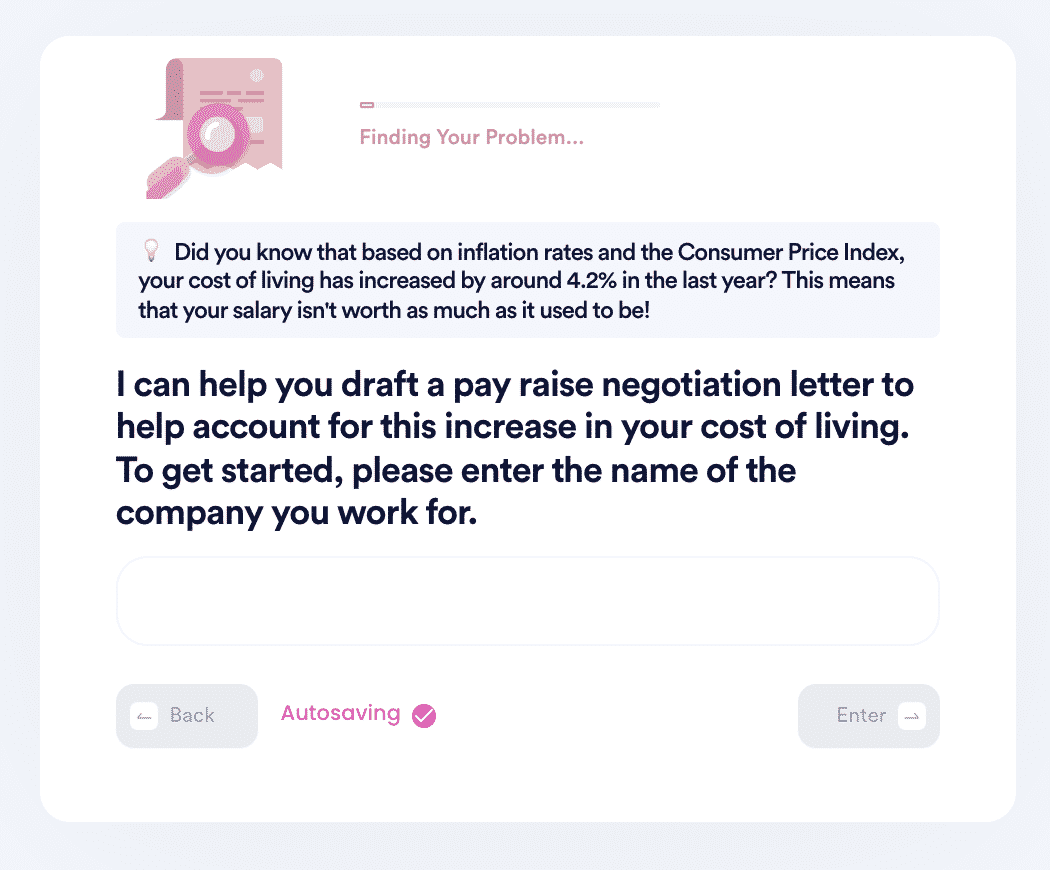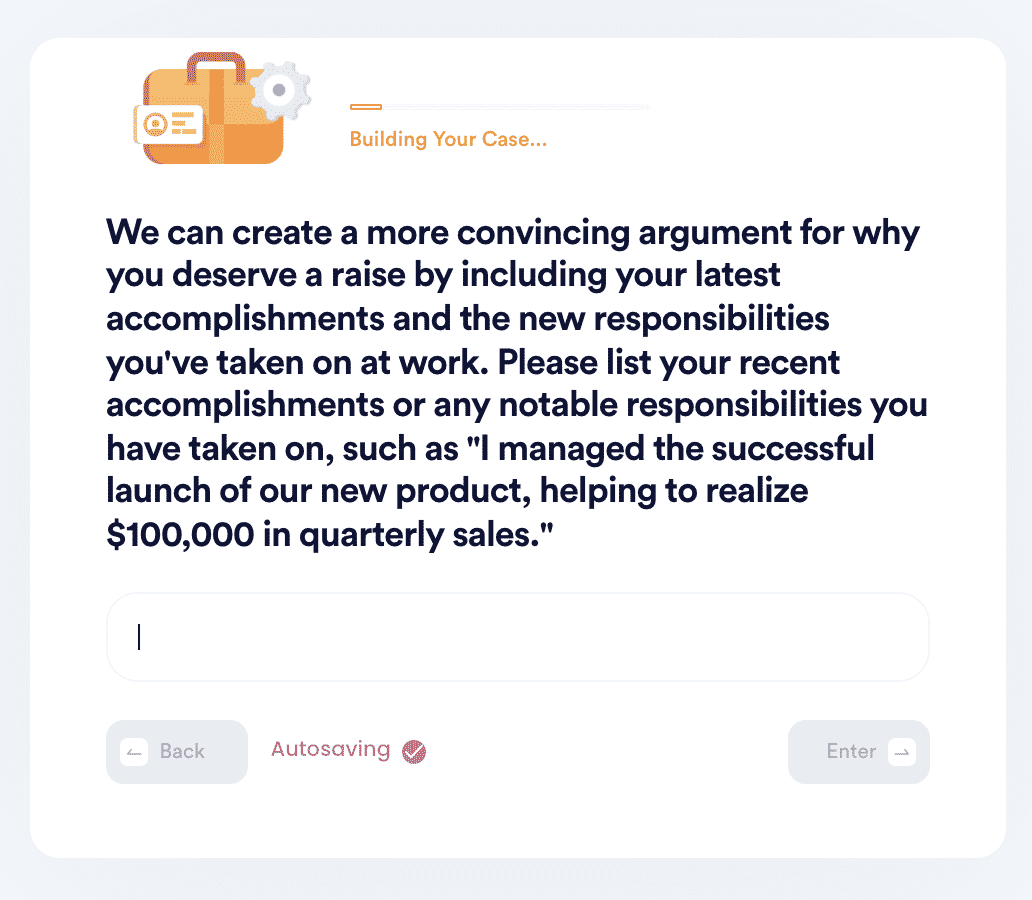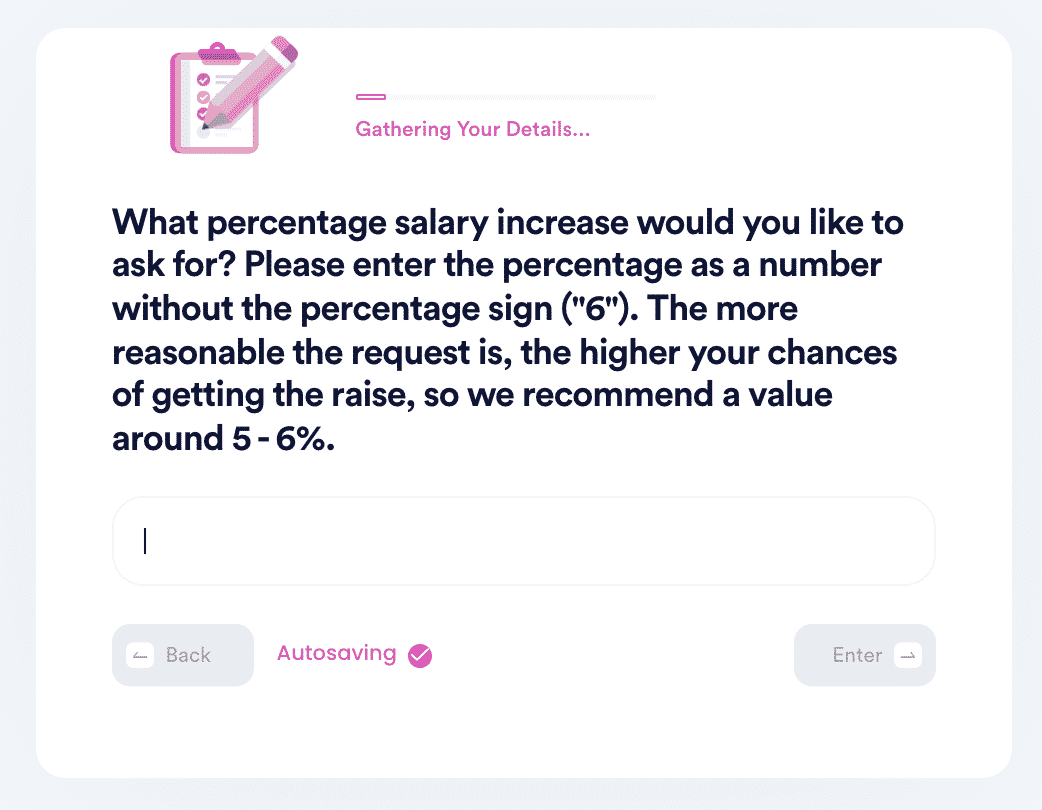How Often Should You Get a Raise
If you have been working for some time and have not received a pay raise yet, this is a good time to start this conversation with your employer. If you have received a raise in an unstructured manner, you may want to discuss it with your managers so that they can lay out
The pay raise debate may be difficult to initiate and can be a bit uncomfortable with your employers. Be careful and tactful so that this doesn’t leave you in bad books. DoNotPay is a company that provides online services and helps you get a pay raise by drafting a professional salary negotiation letter that will get the attention of your employer.
How Often Should You Get a Raise?
If you just got hired, you may want to wait at least 6 months before asking for a pay raise. If you have been with the company for a long time, you might be wondering . You should get a pay raise annually or biannually, depending on the company.
If you don’t know when to ask for a raise, you can time this move and request it during your annual performance appraisal.
Reasons to Get a Raise
Below are some reasons to get a pay raise:
- If you have been with the company for a long time, you deserve a pay raise. Some companies give long-serving employees pay raises to retain them in the company.
- If you have acquired special skills, you can ask for a raise. This is because you are now more valuable to the company with new skills.
- If you have acquired additional qualifications, it’s time to ask for a raise. This should be in line with the company’s pay grade categorization.
- Meeting and surpassing targets allocated to you is a good reason to get a pay raise.
- If you have contributed to the cost-saving of the company’s resources with your brilliant ideas, you can negotiate for a pay raise.
- If your employer has assigned you extra responsibilities, you can ask for a pay raise because you are doing a lot more than you signed up for.
- A recent promotion is a good ground for a pay raise. This is because promotion comes with more responsibilities, time, and skills.
How Much of a Raise Should I Get Each Year?
The question of how much raise one should get in a year is dependent on the company. On average, most companies offer a 3% annual salary raise. This doesn’t mean you can’t get more. If you feel that you deserve more, start negotiations with your line manager and you could get your request granted.
How to Ask For a Pay Raise by Yourself
You have to consider the following points before you ask for a pay raise:
| Timing | Pick the best time to ask for a pay raise. The appraisal period is a good time or a period of great company profits. Wrong timing may make you look inconsiderate. |
| Apply for promotions | Apply for promotion slots whenever they come up. This will get the attention of your employer and send a message that you want and deserve more. You can use this to ask for a pay raise |
| Know your value | It’s important to know what you bring to the table and your market value. With this knowledge, endeavor to get better and acquire more valuable skills, and use this to negotiate for a pay raise. |
| Justification | If you have been making a positive contribution to the company, ensure you have it on record. Other reasons would include additional responsibilities, a recent promotion, or additional skills. You can use this information to negotiate and ask for a pay raise from your employer |
| Maintain a good attitude | Getting a pay raise may not come automatically despite asking for it. However, you must maintain a good attitude and willingness to understand your company. You can ask your employer to let you know when you can come back to the table to discuss a pay raise. |
Evidently, asking for a pay raise by yourself can be a challenging and frustrating task. You can contact third-party agents such as DoNotPay to help you ask for a pay raise successfully.
How to Negotiate Your Salary Using Donotpay:
- Search “negotiate my salary” on DoNotPay.

- Enter the name of your company and the industry you work in, so we can find the right wage statistics for your role.

- Answer a series of questions regarding your qualifications and achievements, relocation expenses, and other job offers if applicable.

- Enter the new base salary you would like to request.

And that’s it! Once the information is finalized, DoNotPay will generate an official salary negotiation letter that you can then email or present to your employer!
Why Use DoNotPay to Ask For a Pay Raise
- Fast—DoNotPay will generate a pay raise request letter for you quickly.
- Easy—you don’t have to spend a lot of time researching content as DoNotPay will word the negotiation letter for you.
- Successful—there’s guaranteed success in getting a pay raise when you use DoNotPay.
What Else Can DoNotPay Do?
- Reduce property taxes
- Make cancellations
- Fight workplace discrimination
- Process chargeback and refunds
Getting a pay raise feels really rewarding. It may, however, be hard to ask for a pay raise by yourself. Sign up to DoNotPay to enjoy this and so many other services at the touch of a button.


